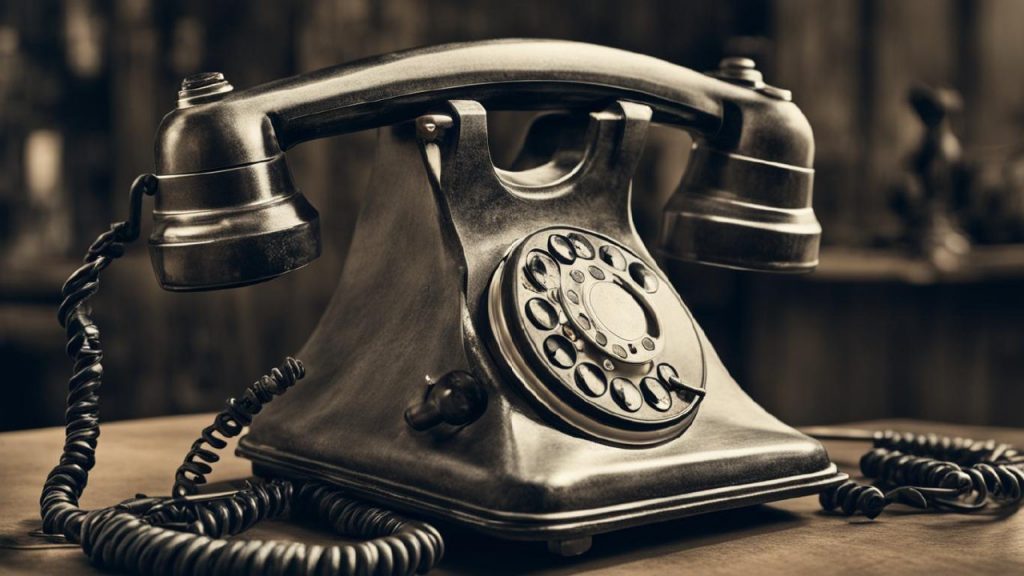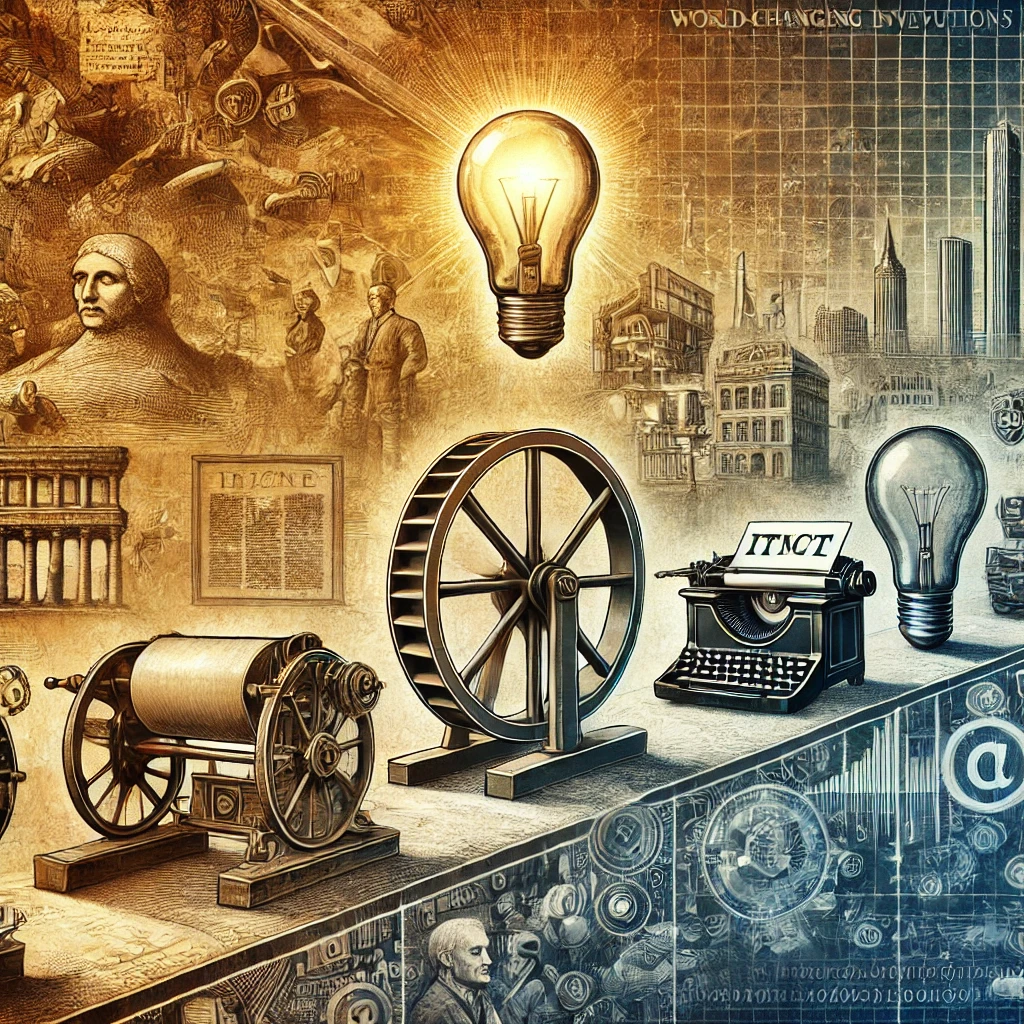
The phone stands as one of the most transformational inventions in human annals, forever changing the way we communicate, link, and conduct business. From its humble origins as a crude device to allure ubiquitous occupancy in modern society, the call up has left an indelible mark on the structure of human civilization. In this item, we’ll delve into the spellbinding story of the telephone and allure profound impact on ideas.
The journey of the telephone begins in the 19th of one hundred years with the inventing work of inventors such as Alexander Graham Bell and Elisha Silver. In 1876, Bell received the first US patent for the creativeness of the telephone, marking the origin of a new era in ideas technology. The early telephones were simple instruments consisting of a transmitter, receiver, and a distinct wire connecting bureaucracy, but they represented a radical leap forward in the ability to transmit sound long distances.
The invention of the telephone fast captured the public’s inspiration and sparked a wave of innovation and venture capital. Telephone associations sprang up across the United States and Europe, laying millenaries of miles of telegraph wires and establishing telephone exchanges to connect subscribers. For one end of the 19th century, heaps of people around the realm had access to telephone service, permissive them to communicate accompanying friends, classification, and business associates like never before.
The telephone had a deep impact on society and day-to-day life, transforming the habit people ideased and interacted with one another. Superior to the invention of the telephone, long-distance ideas was slow and unreliable, relying generally on written agreement, telegraphy, and face-to-face intersections. The telephone made it likely to have real-time dialogues with crowd thousands of miles continuously, breaking down barriers momentary and space and shrinking the planet in the process.
The telephone also had widespread implications for trade and commerce, enabling associations to conduct business more efficiently and efficiently. Telephones facilitated the rapid exchange of news, orders, and transactions, admitting businesses to coordinate activities, resolve disputes, and put oneself in the place of another customer inquiries accompanying greater speed and agility. The call up became an essential form for sales, marketing, and department dealing with customers, helping companies to extend their reach and grow their bottom line.
Over the decades that understood its creativeness, the telephone continued to develop and improve, with progresses in technology leading to the growth of new features and efficiencies. Rotary dial telephones recovered the original manual crank models, while innovations to a degree touch-tone dialing, call waiting, and voicemail embellished the user happening and expanded the possibilities for ideas.
The advent of digital science and the internet in the late 20th century further transformed the way we communicate, begin a new era of instant to foreshadow, email, and video mission. Despite these advancements, the call up remains a vital form for communication in two together personal and professional contexts, in the way that a lifeline for billions of folk around the world.
Finally, the invention of the phone was a watershed moment cruel history, revolutionizing the habit we communicate, connect, and conduct trade. From its humble origins as a crude device to allure ubiquitous presence in up-to-date society, the telephone has remodeled the world in habits that its inventors could never have imaginary. As we continue to embrace new electronics and methods of communication, the phone will remain a eternal symbol of human ingenuity and the lasting power of connection.


